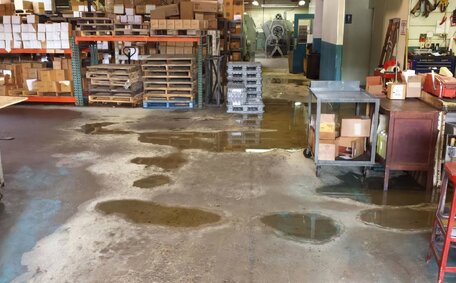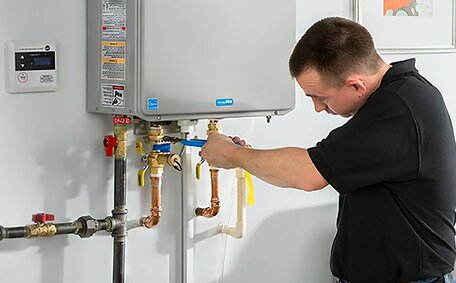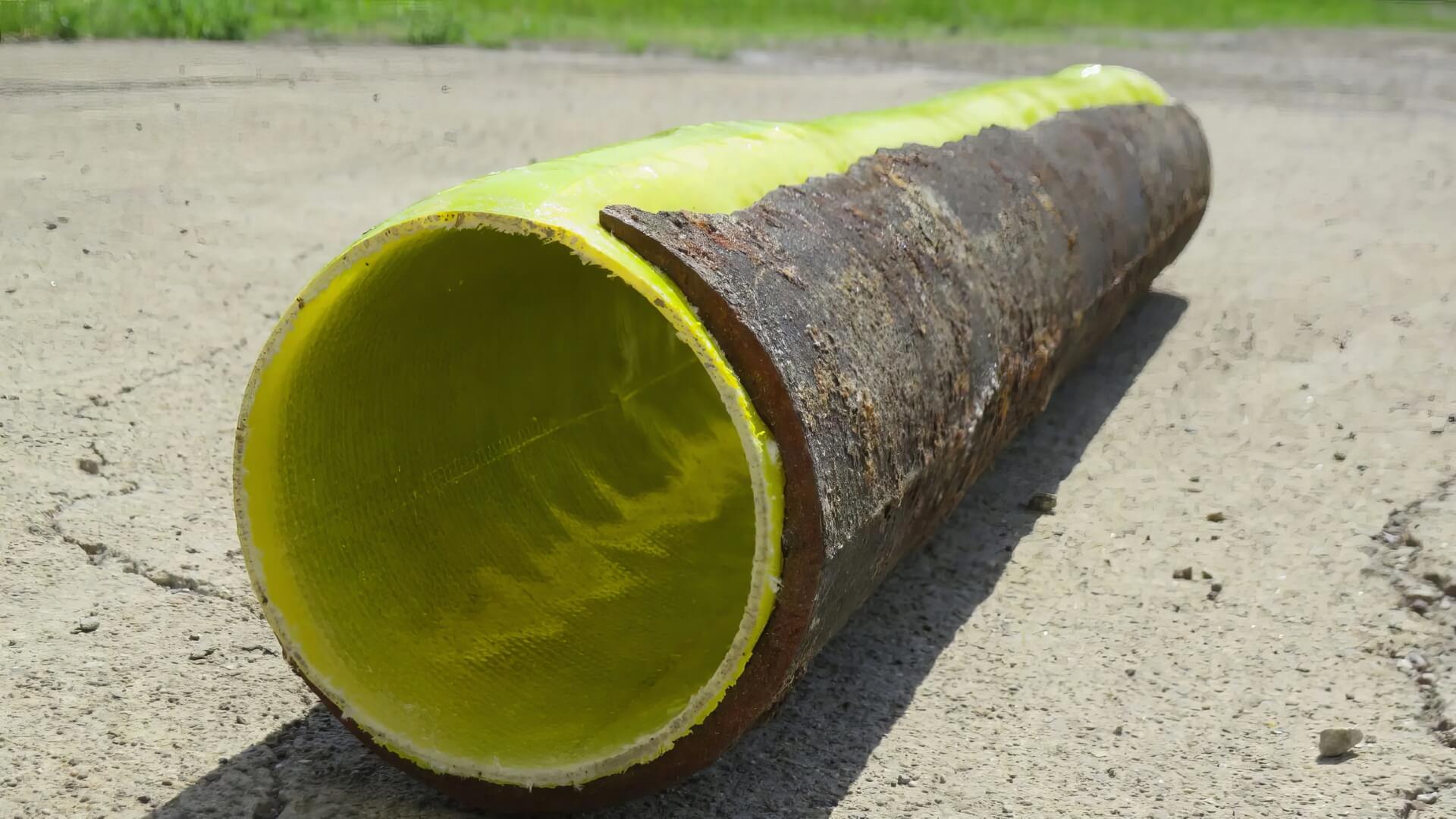
How To Fix Water Heater Issues
Can’t get hot water from your water heater? Try troubleshooting by checking the power supply, thermostat, heating elements and more. Call a pro plumber for repairs.
Read MoreMany residential properties may contain a gas leak; your safety depends on regular monitoring for heating, cooking, and appliance use. Though naturally odourless, additives ensure a gas leak can be detected without mistake, thanks to the "rotten egg" smell. However, leaks which can frequently go unnoticed over time, build up serious risks.
Composed largely of methane, natural gas can escape through a leak in any part of your gas line, a situation unfortunately more widespread than most realise. Left unaddressed, a gas leak in your home can escalate into threats leading to dire consequences, including fires, explosions, carbon monoxide poisoning or suffocation. Given that gas can be lighter than air, a gas leak can rapidly ascend and cause an explosion if it diffuses.
Being alert to whether you smell gas from your lines or notice other signs through leak detection is critical when gas safety is at stake. These warning signals are more varied than a mere water leak or rotten egg odour; they also encompass hissing from pipes, dead vegetation, and condensation around gas lines. What do gas leak scenarios demand you do if suspicion arises? Safety demands that you immediately evacuate, contact emergency services, and once outside, immediately call the gas company.
Among the causes of domestic gas leak scenarios, there are a few that stand as one of the most common issues encountered:
Similar to other locales, In Baulkham Hills, your gas pipes might succumb to underground corrosion and appliance faults, often the culprits behind gas leaks in homes. But heavy rains and storms also frequently lead to more than just gas leak occurrences, which is why knowing how to detect them is vital. Understanding how to detect a gas leak, such as being responsive to the 'rotten egg’ odour, is vital for your safety.
Following gas safety tips, like regular system inspections and proper maintenance, can keep your use of natural gas safe and minimise associated risks. But if a suspected leak of natural gas ever arises, safely evacuating and contacting emergency services remains critical.
Comprehending safety signs, such as those indicating leaks, can prevent dire results due to gas mishaps. When you suspect gas with a distinct 'rotten egg’ scent, it’s prudent to presume a leak. Conduct visual inspections along gas lines and around appliances for further evidence:
Symptoms like lazy orange flames on appliances, sooty buildup, or increased condensation can be signs of issues that a leak could precipitate, warranting swift investigation. Should any indicator suggest a potential gas leak, evacuate immediately as if the gas issue had already been confirmed, and then contact emergency services. Do not operate lights or appliances, as any spark from disrupting electrical flow could cause an explosion instantly.
Once outside, if you detect the classic gas smell or suspect an issue, make the important call to gas authorities to shut off the supply at the street. Do not re-enter until given the all-clear. Regular gas system inspections remain the best prevention measure, ensuring potential leaks are taken care of promptly.
Discovering a natural gas leak in your residence should prompt immediate action, prioritising your safety above all. Take the following steps immediately:
Unaddressed, a natural gas leak in your home compromises gas safety, potentially causing explosions, fires, and carbon monoxide poisoning. Being alert to the potential signs and symptoms such as the 'rotten egg’ smell and taking swift action is critical. Have gas systems regularly inspected and contact Baulkham Hills Plumbing at any sign of issues.
Determining know what do in cases where you suspect gas leak scenarios is key to avoiding dangerous situations. This involves having gas systems regularly inspected and maintained by qualified professionals right away when discrepancies are found.
Appliances that potentially contribute to fires and explosions, such as those using natural gas like water heaters, cooktops, and clothes dryers should be inspected annually. This process examines whether issues could result in a gas leak, ensuring natural gas appliances have functioning safety devices and maintain optimal performance.
Flues and exhaust vents require inspection to prevent blockages that could build up dangerous gases. Build-ups can permit carbon monoxide or gas to seep back into the enclosed space of your living areas.
Equipping homes with gas detectors provides an extra safeguard. Models with electrochemical sensors keep your gas usage safe by reliably detecting explosive gas levels before concentrations get too high.
Where gas lines are ageing, proactive pipe upgrades were able to pre-emptively address what could have been a potentially dangerous leak. New polyethylene piping better withstands corrosion and earth shifts that, over a long time, can lead to serious hazards like gas leakages.
Attempting DIY gas repairs risks leaks, fires or explosions. When dealing with a suspected gas issue, safety and legal requirements dictate enlisting the expertise of licenced gas fitters like Baulkham Hills Plumbing.
Staying vigilant to the signs of leaks remains important too. But appropriate upkeep helps prevent gas leaks in your piping and appliances. Keep gas systems in safe working order by having regular inspections.
The danger of inhaling gas from leak situations presents serious health and safety risks that should not be taken lightly. Inhaling high concentrations of gases like methane, propane or carbon monoxide can cause a range of concerning symptoms:
The usually odourless and invisible nature of certain gases accentuates the dangers gas leaks pose. But even without overt signs, house gas leaks can lead to hazardous accumulations inside over time.
Exposure to leaking natural gas brings about formidable risks where even minor sparks can result in explosions. Explosions can occur even with just 5-15% gas to air concentrations, where even minor ignition sources can spark devastating effects. In the United States and around the world, impact pressures from gas explosions inflict severe to fatal injuries.
For properties in Baulkham Hills, including your own, natural gas leak anomalies like underground pipe corrosion enable toxic accumulations and heighten blast risks. Having gas systems regularly inspected and maintained is therefore critical in preventing leaks.
If a leak is ever suspected through smell or other signs, make sure to safely evacuate and contact emergency services as immediate priorities. Attempting to locate the source leak no matter how small or turn off the gas supply on your own risks actions that could trigger an explosion.
The expert assistance of licenced gas fitters like Baulkham Hills Plumbing is essential both for emergency leak response and ongoing preventative maintenance. Don’t take chances with do-it-yourself repairs either. Always engage qualified professionals to ensure the safety of your household.
Can’t get hot water from your water heater? Try troubleshooting by checking the power supply, thermostat, heating elements and more. Call a pro plumber for repairs.
Read MoreCloudy or milky hot water coming from your taps is generally harmless and caused by trapped air bubbles in the water. Simply running the tap for a little while will usually clear up the water. If the cloudiness persists, it could be caused by sediment buildup or issues with your pipes.
Read MorePipe relining involves inserting a tube inside damaged pipes to repair cracks and leaks without digging. This trenchless method may allow pipes and plumbing fixtures to be relocated during bathroom renovations. Contact our expert plumbers to understand if pipe relining can reposition your pipes and fixtures.
Read MoreBaulkham Hills, 2153 NSW
We will call back as soon as possible.




